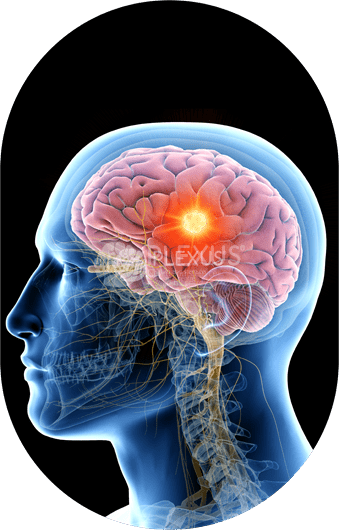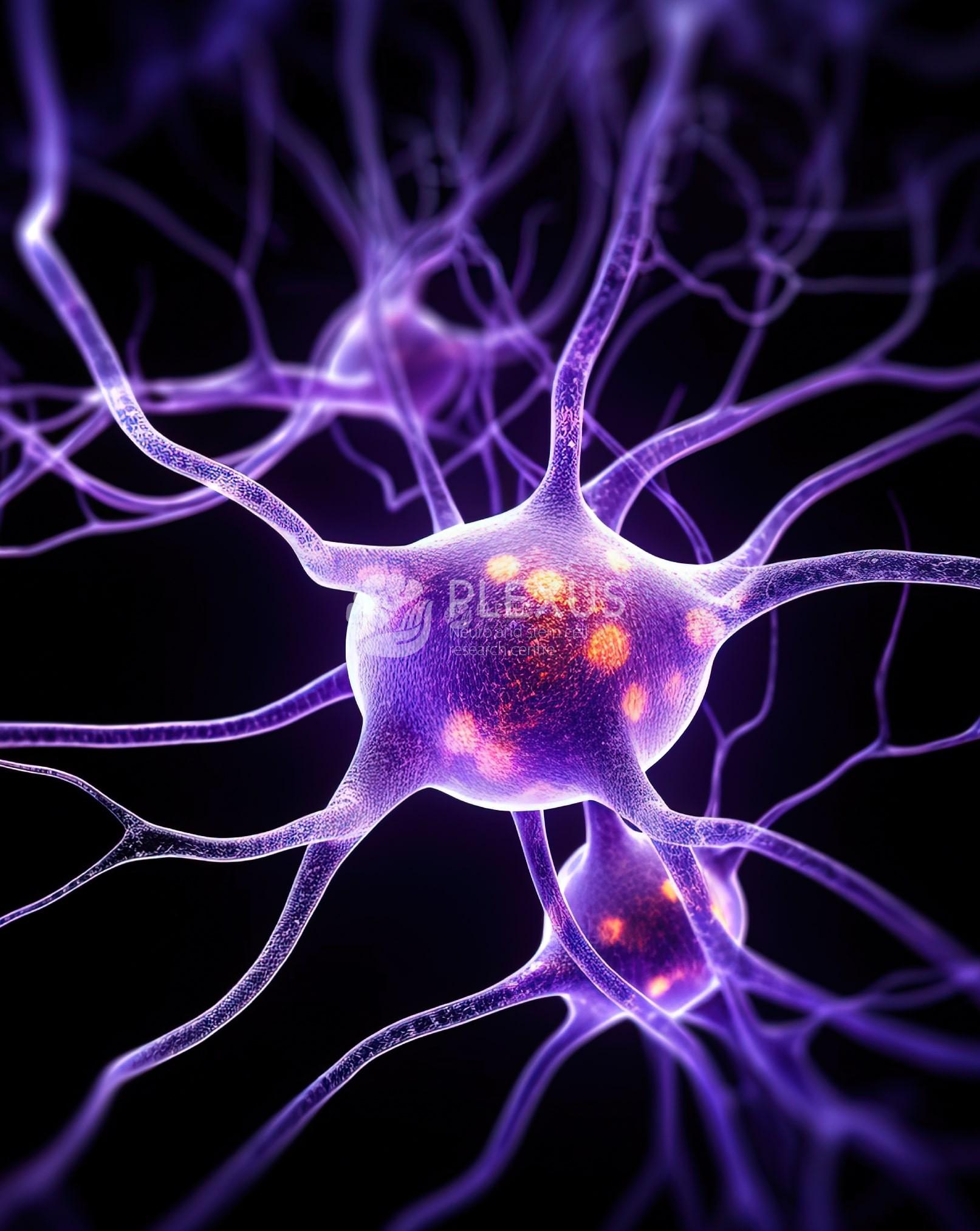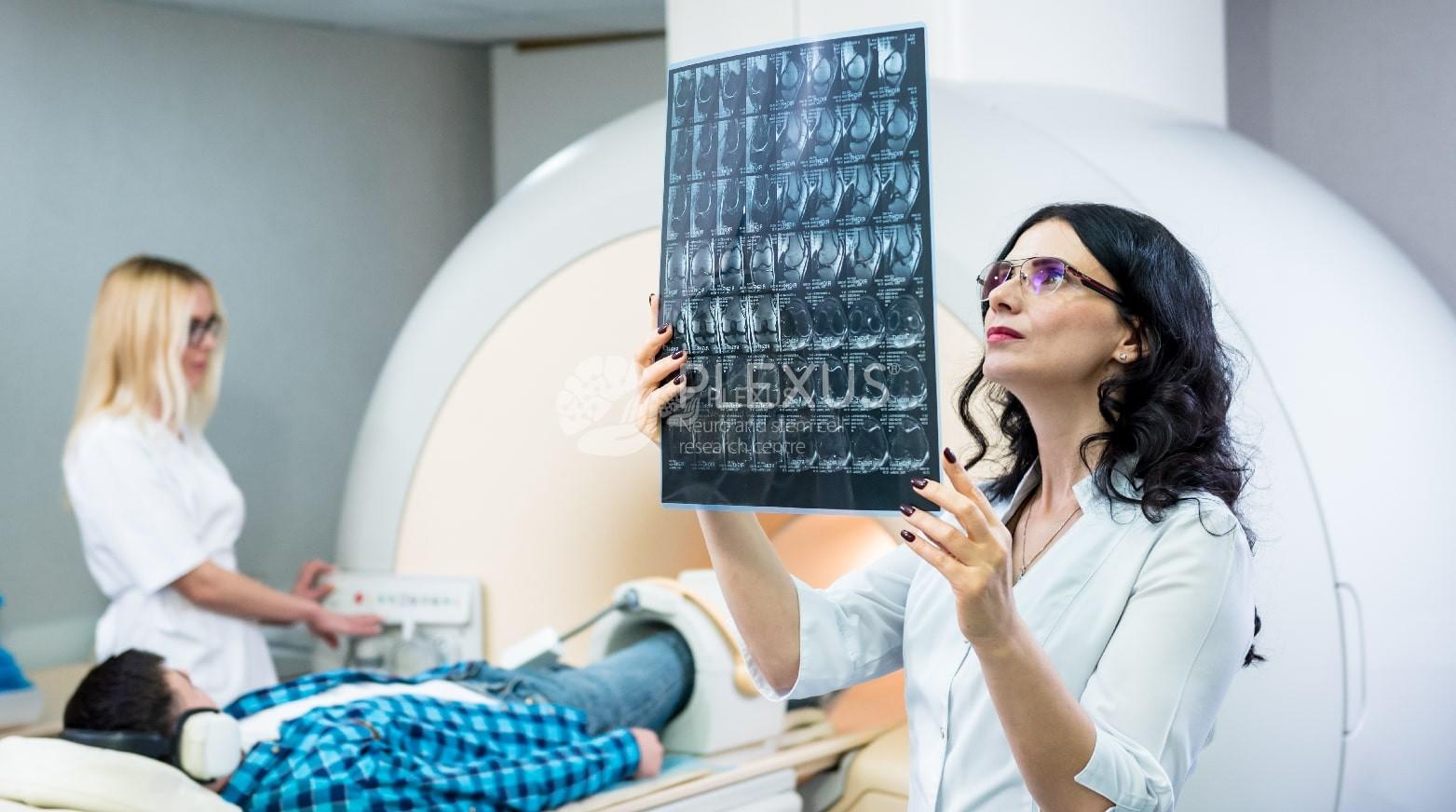- About Us
- Cell Therapy
- Neurology
- Disorders
- Services
- All Therapies
- Regenerative Rehabilitation
- Rehabilitation for Stroke
- Rehabilitation for Spinocerebellar Ataxia
- Parkinson’s Disease Rehabilitation
- Multiple Sclerosis Rehabilitation
- Rehabilitation for Spinal Cord Injury
- Rehabilitation for Motor Neuron Disease
- Rehabilitation for Cerebral Palsy
- Brachial Plexus Injury rehabilitation
- Rehabilitation for Global Developmental Delay
- Childhood Disorders Clinic
- Outpatient Services
- Ask a question
- Request an appointment
- About Us
- Cell Therapy
- Neurology
- Disorders
- Services
- All Therapies
- Regenerative Rehabilitation
- Rehabilitation for Stroke
- Rehabilitation for Spinocerebellar Ataxia
- Parkinson’s Disease Rehabilitation
- Multiple Sclerosis Rehabilitation
- Rehabilitation for Spinal Cord Injury
- Rehabilitation for Motor Neuron Disease
- Rehabilitation for Cerebral Palsy
- Brachial Plexus Injury rehabilitation
- Rehabilitation for Global Developmental Delay
- Childhood Disorders Clinic
- Outpatient Services
- Ask a question
- Request an appointment
Living With Progressive Supranuclear Palsy


Cell Treatment for PSP in India
Autologous cell therapy for PSP can help treat the disorder at its root cause.
At Plexus, we use autologous mesenchymal cells, which can take on the function of any cell and accelerate healing at the cellular level. They can help rebuild degenerated brain cells and improve the overall functioning of the patient.
We use autologous cells taken from the patient’s own body. The procedure is conducted by Dr. Sadiq, India’s no. 1 cell specialist, and his team of highly-skilled and experienced cell specialists.
Causes of PSP
Symptoms of PSP
PSP Differential Diagnosis

The clinical presentation of some neurodegenerative conditions can overlap with PSP. These diseases include:
- Parkinson’s Disease
- Alzheimer’s Disease
- Multiple System Atrophy (MSA)
- Frontotemporal Dementia (FTD)
What our patients say

Vinit Saha
Despite the challenges my father faced with progressive supranuclear palsy, including difficulty walking, maintaining balance, and standing, he experienced frequent falls and struggled to rise unaided. When all seemed lost and hope was scarce, Plexus welcomed my father with open arms. Choosing Plexus was a decision akin to witnessing a miracle, and I'm immensely grateful I took that leap of faith. Their tailored approach not only addressed my father's specific needs but also facilitated his independence in daily activities, a pivotal concern for our family.











